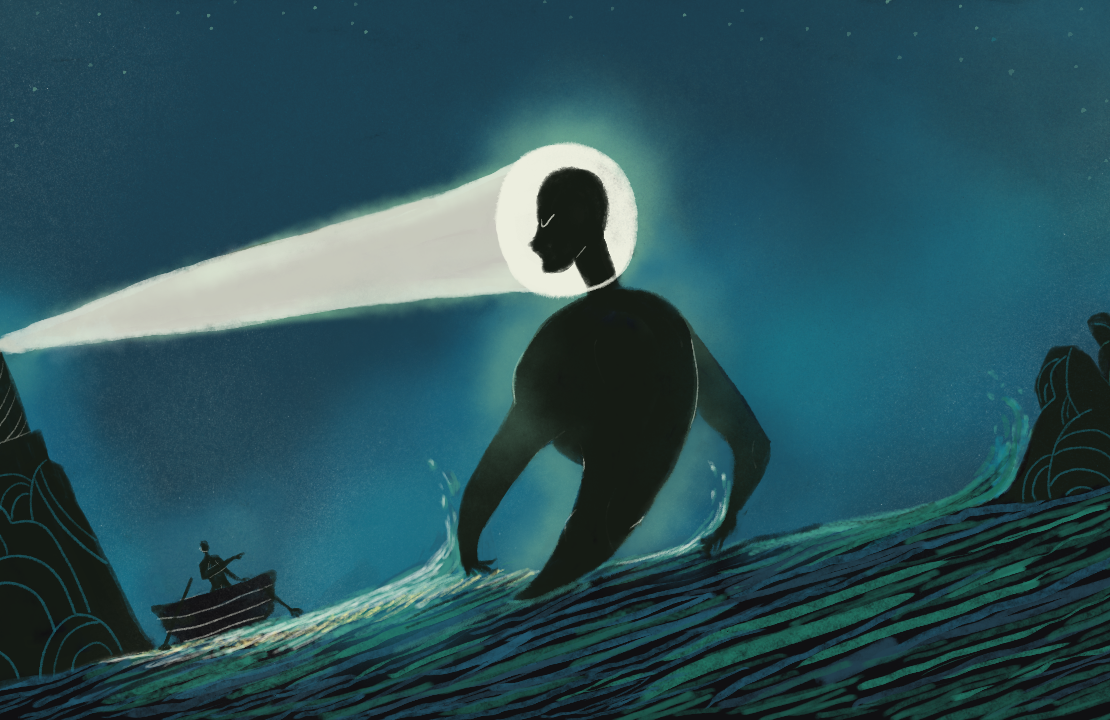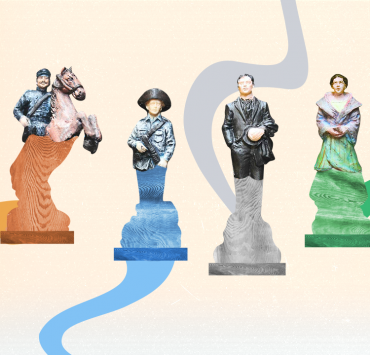Content warning: Mentions of suicide
It’s been 5 years and a month since my cousin died by suicide. I still remember the day I found out: I was on Facebook, and I was alerted to a new post on an old high school group. That’s where I saw the miserable news: Our batchmate just committed suicide, with the comments detailing how he did it and why (at least, why the poster thought so). (Facebook: Great for fake news and learning about your loved ones’ demise)
It’s funny, in a morbid-not-really-funny sense, because I didn’t even realize it was him, at first. It was only when I saw this that I remembered:
![]()
He had just changed his name.
And here’s the ultimate funny-but-not-really bit: My first impulse wasn’t sorrow or heartbreak, but surprise. I thought I was the only suicidal one.
*
My last suicide attempt was a few months ago. Like most people in my sort of…circumstance, my attempts come in waves, getting worse and getting better, with getting better underscored by the nagging feeling that no matter what I do, I’ll always end up at the same place. My brain is wired to think the worst conclusions: Your blood is tainted, nothing is worth it, everyone secretly hates you. Waking up means fighting myself.
Things have gotten better since I started seeing a psychiatrist and taken medication, which wasn’t something I was able to do while I was a minor and under the care of my parents. (My mother, a single mother who tries, just can’t wrap her head around it. She caught me bleeding in a hotel room in Hong Kong once and berated me incessantly and threatened to send me away. When my last attempt happened, she asked me over the phone why I couldn’t be strong.)
Here’s what they don’t tell you about suicide attempts: You don’t just try it once and get over it. If you survive an attempt, you’re not “cured.” If people don’t receive therapy or medication or whichever form of help suits them best after an attempt, chances are that they will do it again. Personally, this idea is a hard one to swallow for me, too, since I tend to feel a sense of euphoria afterwards. But even that’s quickly followed by a sense of dread, a knowledge that I’ve only postponed the inevitable.
The “one and done” idea can suffocate a person in pain. For the longest time, I felt like I couldn’t ask for help because I asked for help once already—so what right did I have to keep asking? I should already be okay.
I’ve seen a lot of people over the years try to prevent suicide by talking about how it can affect the people you love. I understand the sentiment, and it can sometimes work, I guess, but it doesn’t always. If it worked for everyone, I wouldn’t have kept trying even after seeing firsthand what it would do to a family. Because I do know intimately what happens—and I either can’t bring myself to care (if my depression is in a numbing state) or I already feel too guilty about being alive that the effect it has on my family just becomes another thing to feel guilty about.
Also, there are times when you just can’t force yourself to think of how sad it’ll make your family feel because your brain stops working. Period.
Here’s another thing about depression and suicide: It doesn’t make you a better artist, writer, or what have you, either. There’s an underlying idea that out of a deep well of sadness comes great art. The latest example of this to come out was Kanye West’s announcement that he wasn’t seeing taking his meds because he wanted to create art.
I cannot be on meds and make watch the throne level or dark fantasy level music
— ye (@kanyewest) December 15, 2018
But here’s the thing: Suffering doesn’t make you a better artist at all. There’s a great bit in Hannah Gadsby’s brilliant “Nanette” where she talks about an incident where a random man told her to stop taking her medication because it’ll keep her from making good comedy. “If Vincent Van Gogh took medication, we wouldn’t have “Sunflowers,”” he said.
Then Gadsby storms with an overlooked bit from Van Gogh’s mythos: The medication he was taking had a side effect. If patients took a little too much, they could experience the color yellow more vividly. This meant that his intense and strange use of hues could be attributed not to his depression but to the fact that he was getting medication and getting help from his brother. “Perhaps we have “Sunflowers” because Van Gogh medicated,” she said.
To paraphrase Gadsby: Suffering isn’t the burden of creativity.
In all honesty, I don’t know how to prevent a suicide from happening. There’s no catch-all thing that you can say that will help every single person suffering right now. What works for one person can very well kill another. That’s why I think that, unless you’re a licensed therapist or psychiatrist, the best thing you can do is to know your loved one’s weather. Give them a glass of water, prop up their pillow, turn on a TV show so they wouldn’t feel embarrassed about crying, just know the little things that make them feel better. Know them. Stay connected.
“Do you know why we have the🌻? It’s not because Vincent van Gogh suffered. It’s because Vincent van Gogh had a brother who loved him. Through all the pain, he had a tether, a connection to the world. And that is the focus of the story we need, connection. » Hannah Gadsby pic.twitter.com/QIvkj50B3e
— cam 🌻 (@fantaskatic) August 17, 2019
That’s really all I can offer.
Get more stories like this by subscribing to our weekly newsletter here.
Read more:
Why won’t my health card help pay for my suicide attempt recovery?
#HelpIsHere: Mental healthcare is now more accessible to the Filipinos




